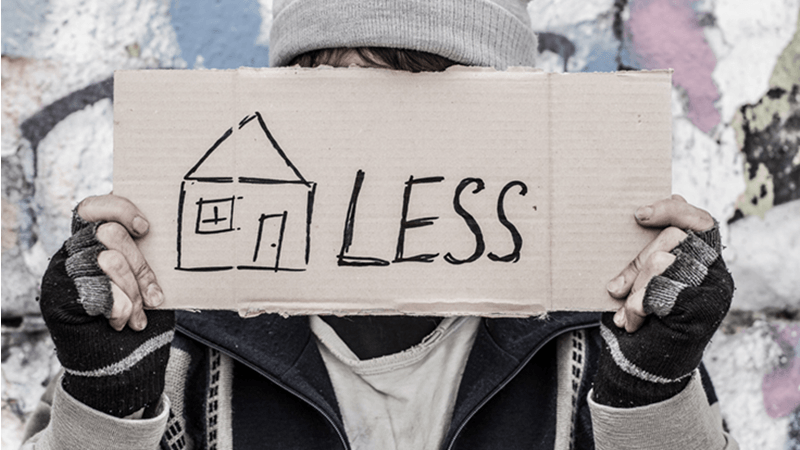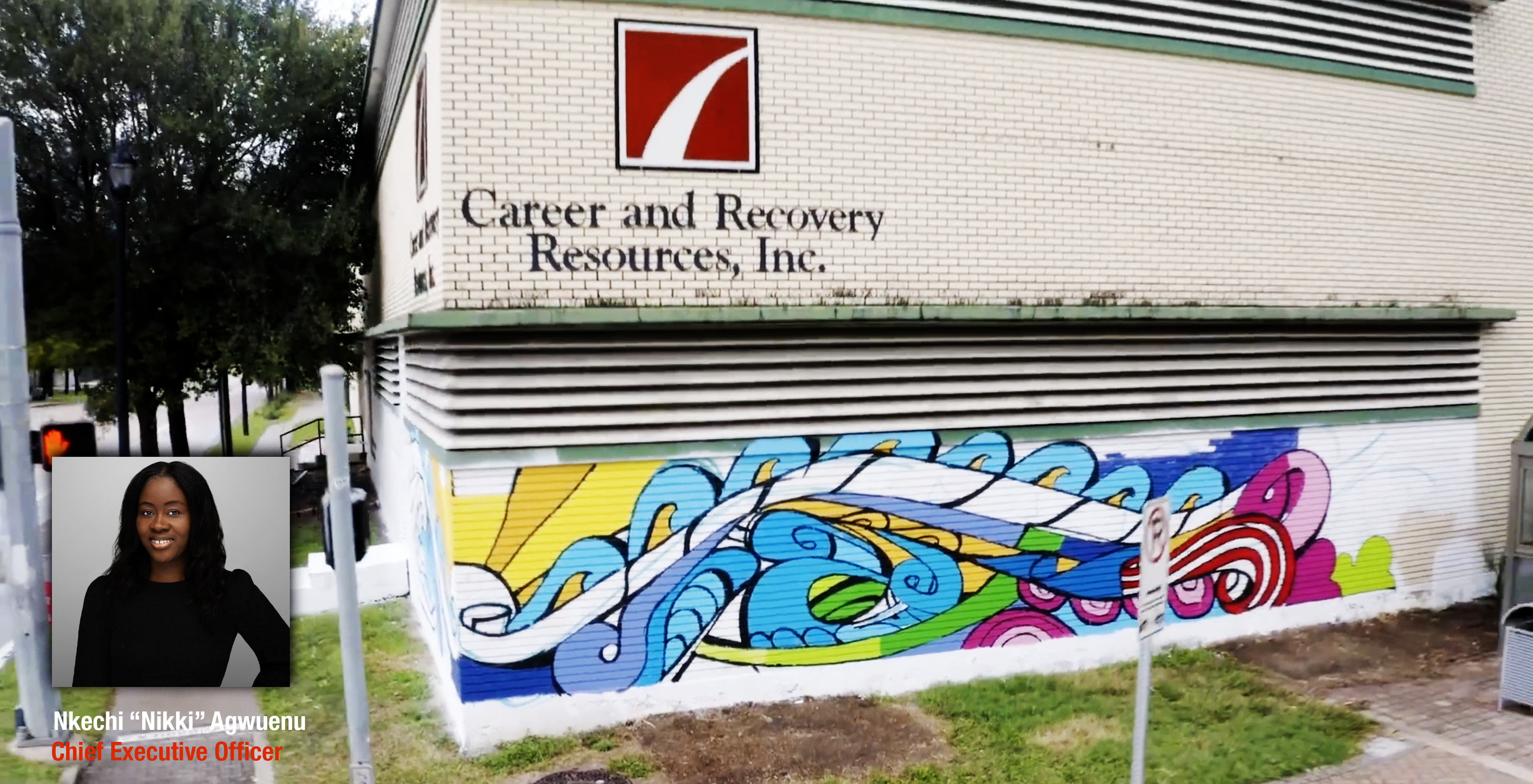When we think of homelessness, we think of a person who does not has a physical home, job, or money.
There are a lot of people living on the streets who suffer from both physical and emotional homelessness. Similarly, there are individuals who have a house but not a home. They have access to necessities, but they lack emotional support and therefore can be classified as “Emotionally Homeless”
DEFINITION OF EMOTIONAL HOMELESSNESS
Emotional Homelessness is a lack of a sense of worth, purpose and belonging in an individual.It is an utter lack of a loving, caring and protective environment where they feel happy and content with their relationships. It is possible to be emotionally alienated even when a human being comes from a privileged or wealthy background.
CAUSES OF EMOTIONAL HOMELESSNESS
We believe that homelessness is caused by poverty, economic hurdles, and lack of affordable housing.
However, homelessness is also as a result of emotional trauma.
To understand fully, we must first know that home is not just a roof and four walls or a safe place to live in.
Home is a place that provides security, happiness, contentment, acceptance, forgiveness, and overall growth of an individual selflessly.
Family life is the initial exposure of an individual to a mini-society that teaches them about their own social stand in the world.
Here are the causes of Emotional Homelessness:
-
Epidemics of Alcohols and Drugs as a substitute for happiness
Millennials wait all week for Friday and all year for Christmas. They are constantly stressed about everything happening or not happening around them. We use harmful substances as a surrogate for peace of mind.
-
Stress is not seen as a problem
An average teenager has higher stress than a 70-year-old on his deathbed had fifty years ago. Most people do not realize that having trouble falling asleep and remembering are symptoms of depression. Stress is a risk factor for depression which shows up in physical symptoms.
-
Social Isolation
Social isolation poses a considerable health risk.. We have access to social media and an opportunity to connect with millions of people, but the community and relationship ties are diminishing at an exponential rate.
-
Competition from a pool of 7 billion people
Our ancestors lived far happier than us as they were not competing with the 7 billion people of the world. With globalization, we are permanently on our toes working double shifts trying to save our jobs as the companies can always find someone who will do it better.
-
Higher Expectations
In an age of email, Facebook, and Twitter, we multi task all the time . The bombarding of excessive information makes it extremely difficult for the brain to decide what you need and what can be ignored. We are doing the jobs of 10 different people at the same time managing our personal lives with parents, children, friends, and favorite TV shows
CURE FOR EMOTIONAL HOMELESSNESS
While working towards the homeless population, we offer physical shelters but not homes. We completely neglect the fact that these individuals have suffered immense pain and trauma through a damaging relationship.
Breaking through the barriers of distrust, trauma and pain on the streets takes time, energy, and a compassionate heart.
The cure for “emotional homelessness” is positive human companionship.
We need to see another as a valuable person, and help them become better human beings. Many people think the answer to a homeless person’s problem is to get a house, but this is not always the solution. They have unmet emotional and mental needs from childhood that makes them incomplete human beings.




